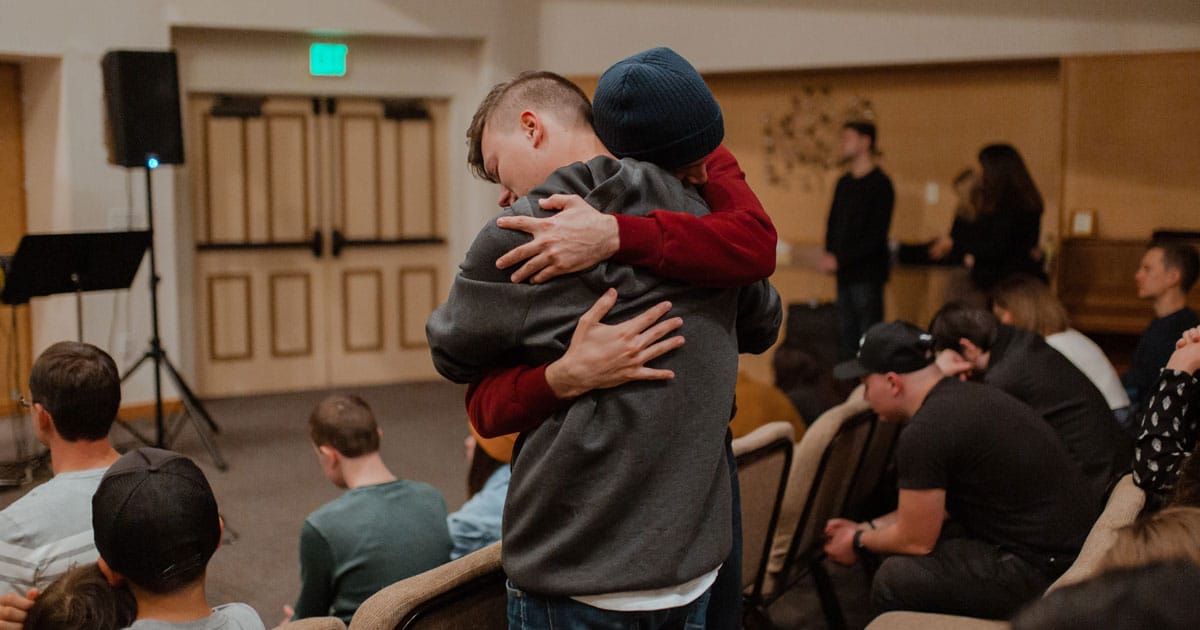Quitting an addiction can be an intense experience. However, it can be extremely rewarding, and its effect can seep into every aspect of life, small and big. Hence, it is necessary for the addict to realize the need for change and begin their recovery in a careful, step-by-step process like medication-assisted treatment for opioid addiction.
The first step is to realize you need help and check into rehab as soon as possible. Many addicts find partial hospitalization (PHP) and intensive outpatient (IOP) suitable ways to recover. Understanding the difference between PHP vs IOP is vital for determining the appropriate level of care, setting realistic treatment goals, and ensuring effective patient care. Other addicts choose to use technology such as alcohol monitoring devices (you can read this Soberlink Vs BACtrack comparison to find one that suits you). Therapy places a major role in both options. Here is why therapy is so important in daybreak alcohol and drug rehab:

Group Support
One of the reasons why addicts remain fail to recover is that they either choose to isolate themselves or surround themselves with the wrong people. However, in a positive group setting with recovering addicts, there can be tremendous potential for authentic connection and healing. You can also try medicines but must know how they function like how methadone works.
After all, it is widely believed that the opposite of addiction is connection. Addicts in recovery can be inspired by those who have achieved sobriety and found happiness in their life.
There are many twelve-step programs like Alcohols Anonymous (AA) and Narcotics Anonymous (NA) that addicts can consider participating in. When addicts find themselves feeling isolated, lonely, or hopeless, they can always attend talk to their sponsors and attend meetings, whether in-person or online.
The meetings serve as a safe space, and everything discussed will remain confidential. The 12-step programs help the addict realize that they are powerless and help them achieve a strong connection with their higher power. They can have accountability partners as well.
Trauma Recovery
Studies show that people with volatile or disturbing childhoods are typically more prone to falling into addictions. They often suffer from Post-Traumatic Stress Disorder (PTSD) and have poor coping mechanisms, and they may struggle to have healthy relationships as well. Counseling can help traumatized people with addictions to feel safe in their bodies. Trauma-focused therapy helps the patients address the root cause of the addictions and makes them less prone to relapse.
Co-Occurring Support
Addicts often suffer from co-occurring disorders, which can be both physical and mental in nature. Hence, therapy plays a significant role in the holistic recovery of an individual. Co-occurring support usually involves different types of therapies like Cognitive Behavioural Therapy (CBT), Rational Emotive Behaviour Therapy (REBT), Dialectical Behaviour Therapy, and Motivational Interviewing (MI). You will find many top rehab centers like the Daybreak rehab for Philadelphia residents place a strong emphasis on group therapy and co-occurring support.
These therapies aim at helping the addict in recovery and put a gradual end to their destructive thought patterns. It helps them learn how to self-regulate and stay relaxed. It enables them to participate in life and learn how to deal with the challenges in a healthy manner without resorting to sedating themselves to avoid the pain. Therapies can help reduce the possibility of relapse significantly.
Eastern Healing Modalities
You will find many interesting healing modalities that come from the East. Many of them have an interesting spin on it. Addicts can facilitate their recovery more effectively by participating in Reiki, Tai-Chi, and different forms of yoga. Many rehab centers offer yoga programs to help addicts fight their urge to relapse and stay balanced. They also teach valuable meditation techniques like mindfulness to help addicts in recovery become more attuned to their immediate reality and surroundings.
To Sum Up
Therapy can teach addicts a lot about themselves. It can give them access to valuable insights and help them gain equanimity. It enables them to reintegrate into society more effectively and find joy in different avenues of life.
